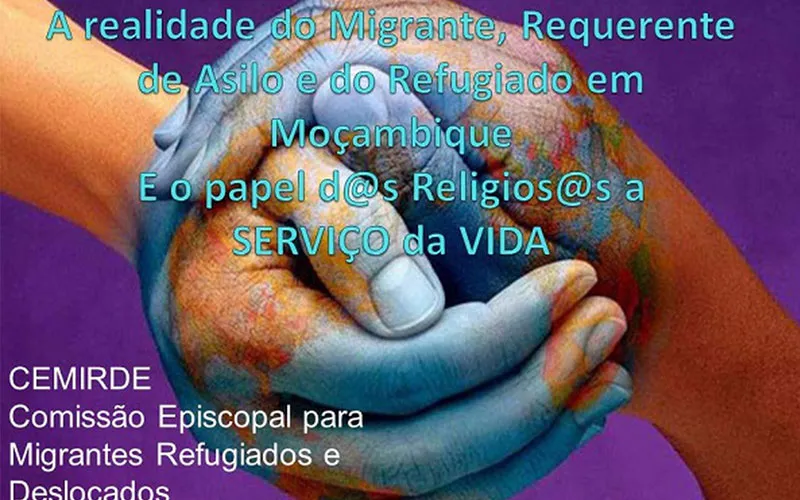Johannesburg, 24 September, 2022 / 10:20 pm (ACI Africa).
After the 2014 launch of a national campaign to raise awareness about the scourge of human trafficking in Mozambique, the Episcopal Commission for Migrants, Refugees and Displaced Persons (CEMIRDE) of the Episcopal Conference of Mozambique (CEM) will hold workshops on human trafficking during the month of October in South Africa, an official has said.
In a Tuesday, September 20 interview with ACI Africa, CEMIRDE Project Coordinator, Juvêncio Matsinhe, said that initially the month-long workshops were mainly for Mozambican mine workers in South Africa.
However, after the August CEMIRDE pastoral visit to South Africa, representatives of CEM and the Southern African Catholic Bishops’ Conference (SACBC) decided that the workshops should “also be presented to other migrant communities working in the mining industry and in other sectors.”
Mr. Matsinhe said that the objective of the planned workshops is “to raise awareness about human trafficking for people on the move”, with a specific focus on migrant communities living in South Africa.
He said that after meeting with Bishop Robert Mogapi Mphiwe of Rustenburg Diocese, which covers one of the largest mining areas in South Africa, “Bishop Robert suggested that we also include migrants from other nationalities.”








